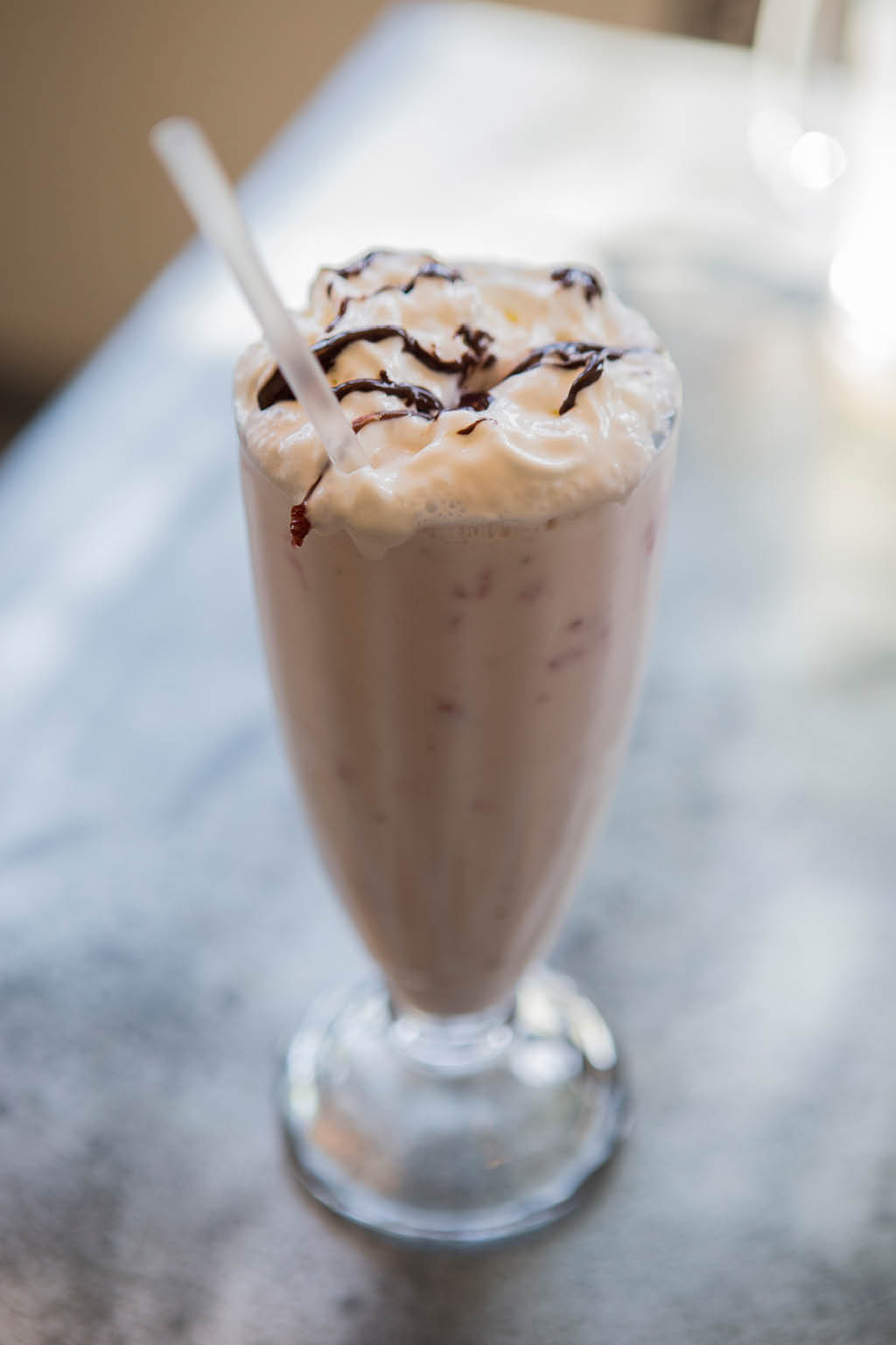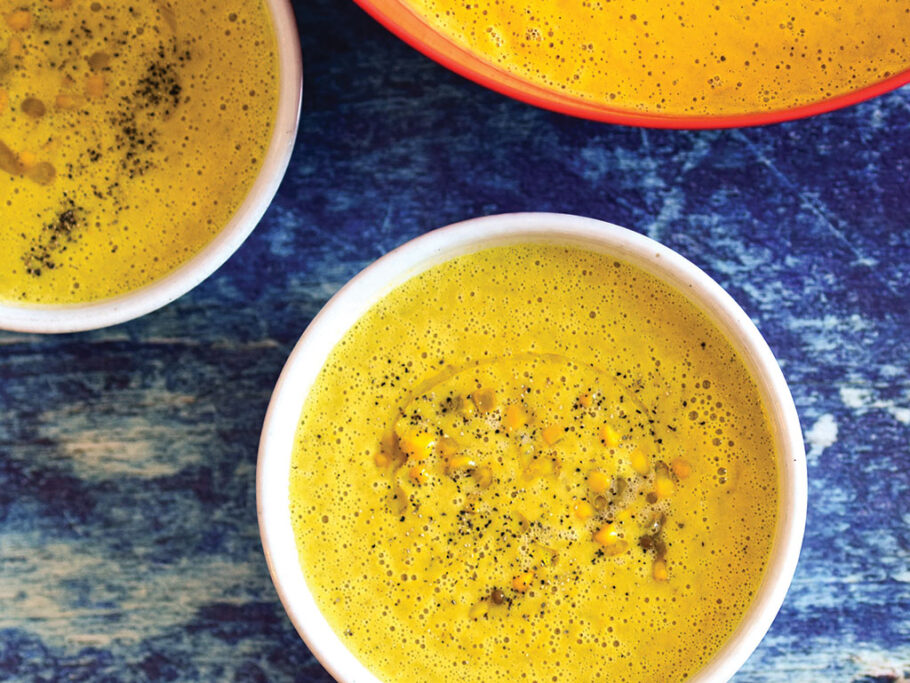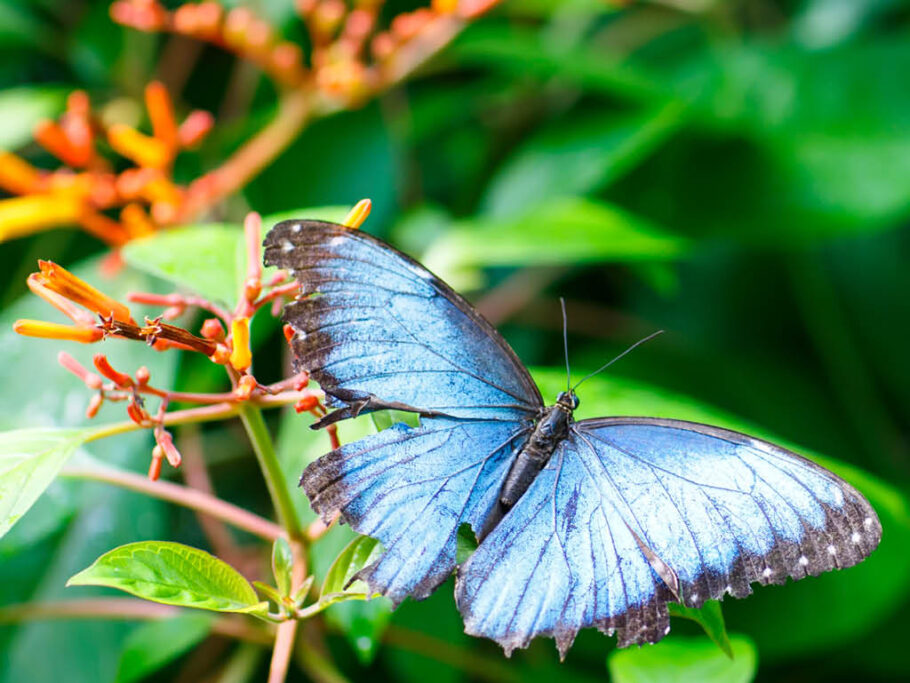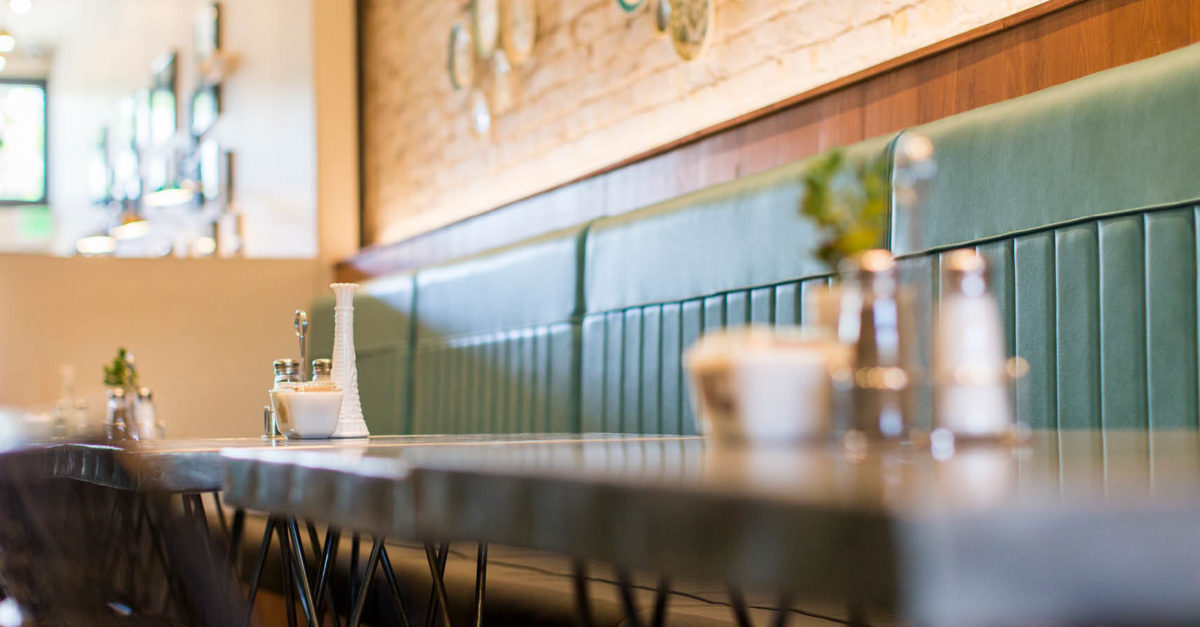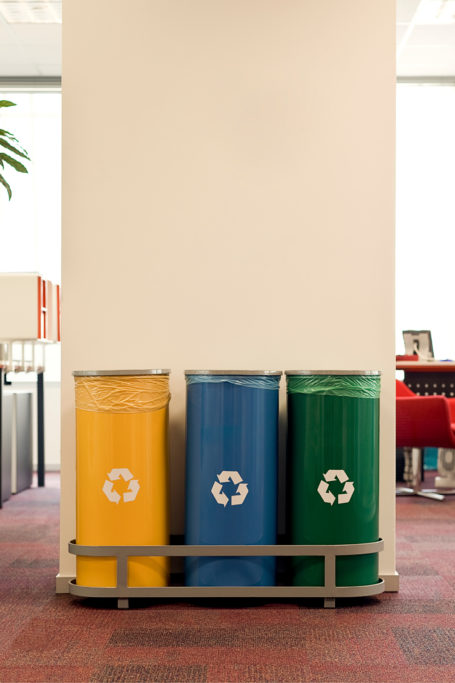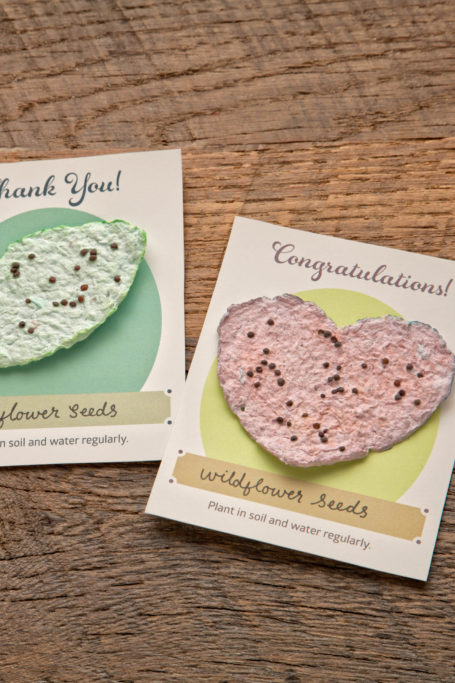The Fare-Est of Them All
Growing up in a big family of New Yorkers who loved to cook, Doron Petersan spent the majority of her childhood in the kitchen surrounded by homemade meals, which instilled an early love of all things culinary.
As an adult, Petersan discovered a second passion in caring for animals and began volunteering at a local animal shelter. The experience gave her a newfound appreciation for all animals but also made her fondness for prosciutto and steak a point of moral concern. Eventually, she decided to adopt a vegan lifestyle, only if she could find a way to still eat well, deliciously, and in the same capacity.
A degree in nutrition and dietetics from the University of Maryland helped her to better understand the chemistry of food and what ingredients could easily be swapped to make a well-balanced vegan meal. “I took a food science class and started experimenting with different recipes while I was still in school,” says Petersan. “Friends started asking to buy what I was making, and, as I was getting more requests, I thought, ‘I might be onto something!’”
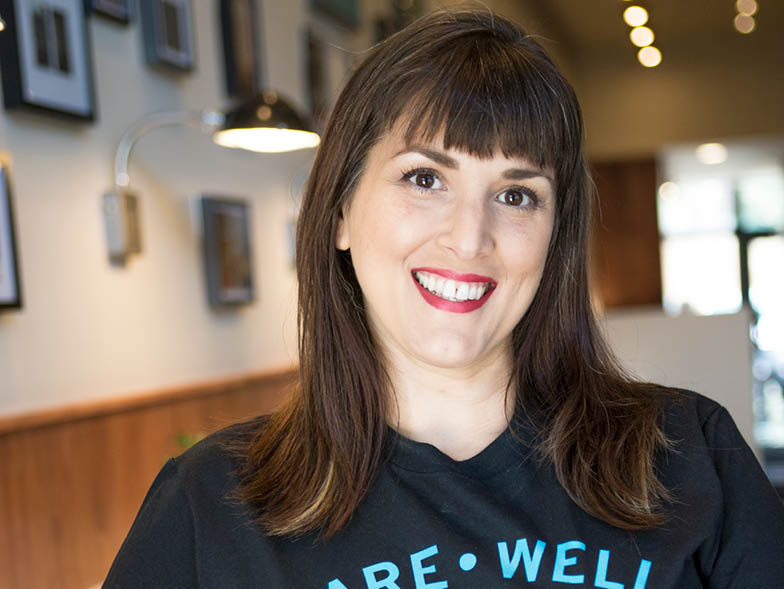
Petersan knew she was baking treats that would be popular with vegans and nonvegans alike, and, shortly after graduating, she decided to make her treats accessible to the public by opening Sticky Fingers Sweets & Eats—the first of her vegan bake shops—in Washington, DC.
At first, it was just Petersan and two other employees manning the ship. She admits she knew nothing about business but was able to get the restaurant off the ground with a small loan from a friend and her own naïveté. “Completely stupid is how I’d put it,” laughs Petersan. “But I think that actually helped us in the long run.”
The team started revising popular baked-goods recipes, looking at the ingredients and what could be swapped, like soy milk for cow’s milk and oil-based margarines and spreads for butter. Some of the first treats Sticky Fingers offered were cinnamon buns, oatmeal cookie sandwiches filled with vanilla cream (dubbed Cowvins), and traditional cupcakes, all of which are still among the bakery’s most popular offerings.
Though sweets remain at the heart of the restaurant, the menu has expanded over the years as Petersan’s creativity in the kitchen soared. Customers can now choose from a number of breakfast options, like biscuits and gravy (made from mushroom gravy and tofu scramble), challah French toast, and a breakfast burrito stuffed with scrambled tofu and plenty of fresh veggies. The menu steps into adventurous territory with a Reuben made from marinated tempeh and an alt-tuna melt—chickpea salad and homemade cashew Swiss on toast.
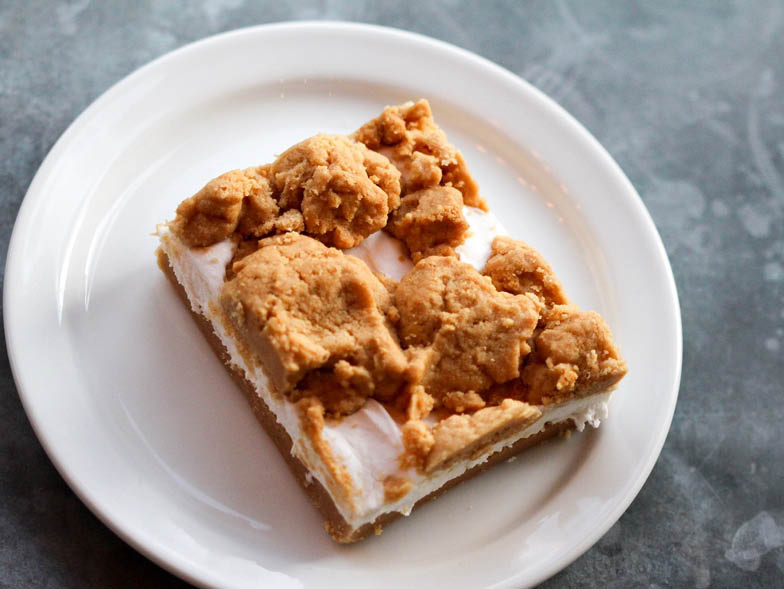
The seemingly complex menu is actually quite simple, according to Petersan: keeping the recipes uncomplicated, while still experimenting with different flavors and textures, is key in catering to so many different dietary restrictions.
Aside from being 100 percent plant-based, many of the meals are wheat-free, nut-free, and soy-free or can be made to order in any of these ways. “The goal is to make dishes as uncomplicated as possible,” she says. “Pasta, for example, can be made from different grains
and rice. But it really depends on the item. There’s more labor involved in everything we make, so we just have to put a little more science behind it.”
In recent years, it’s gotten significantly easier to find and buy vegan ingredients in mass quantities, thanks to an increased awareness of and education about a vegan diet, Petersan says. More companies, like Earth Balance, for instance, are producing vegan-quality ingredients that bakeries like Sticky Fingers can trust.
Vegan baking has become so popular that Petersan was invited to compete on Food Network’s Cupcake Wars—not just once, but on three separate occasions.
The bakery won the Cupcake Wars All-Stars competition in 2011 with its quartet of vegan cupcakes, including a brown sugar and rum cupcake and an orange cupcake with blueberry cinnamon filling.
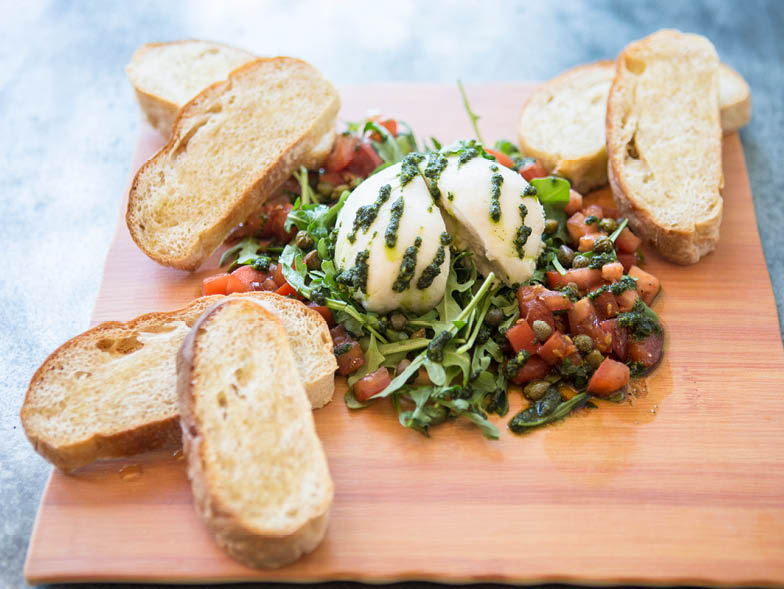
Decades-long success and increased demand for her products prompted Petersan to open a second restaurant in 2016, a diner-style eatery and bar called Fare Well, that serves vegan comfort dishes and cocktails. “We listened to our customers, and they wanted a place to sit, eat, and stay awhile,” she says. “It’s not just a place for vegans to come and eat, but a place they can bring their nonvegan friends and show them vegan eating isn’t as scary as they may think.”
Similar to Sticky Fingers, Fare Well serves breakfast staples like pancakes—which you can get all day—as well as traditional favorites like pierogi and even house-made burrata made from cashew and almond milk and served with tomato, arugula, and capers on a baguette. Luckily, one of Petersan’s favorite cocktails, the Manhattan, is already vegan—as are the many other cocktails Fare Well mixes up. Beers and wines are offered on tap to reduce waste, and many are locally sourced, too.
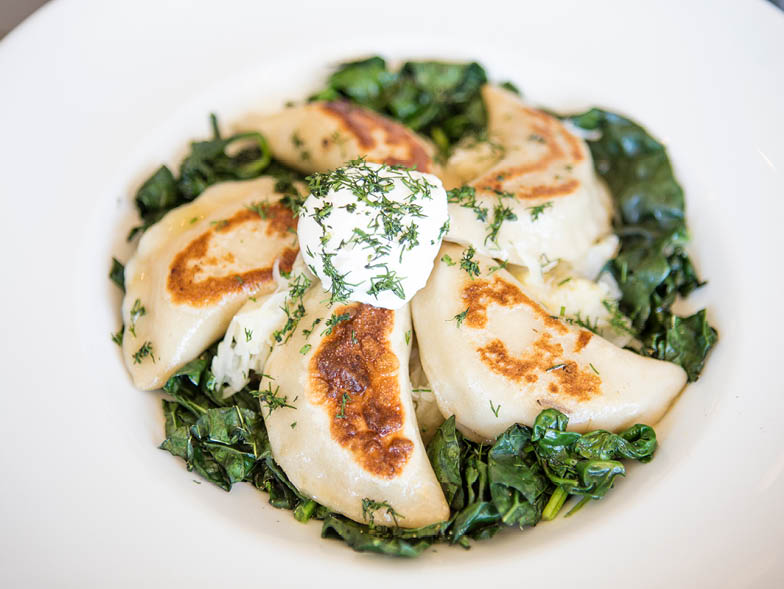
Petersan’s efforts to be as sustainable and community-minded as possible don’t stop there. Every month, Sticky Fingers partners with a different organization or charity, selects a specific cupcake flavor, and donates a dollar to the charity for each one sold.
A better-educated consumer is part of what has helped make businesses like Sticky Fingers and Fare Well successful. Twenty years ago, when Petersan first opened the bakery, many people were unsure of what veganism even was and couldn’t believe you could make delicious cookies and cupcakes without milk or eggs.
But multiple television appearances and two restaurants later, people are warming up to the idea that vegan food can taste amazing. “One day I was standing at the bakery counter and I noticed a table of octogenarians sitting together, enjoying their vegan cupcakes, and it just struck me,” Petersan said. “Historically, vegans were people who were younger or extremely health-conscious. Now, it’s people from all walks of life!”
For more info, visit stickyfingersbakery.com or eatfarewell.com
